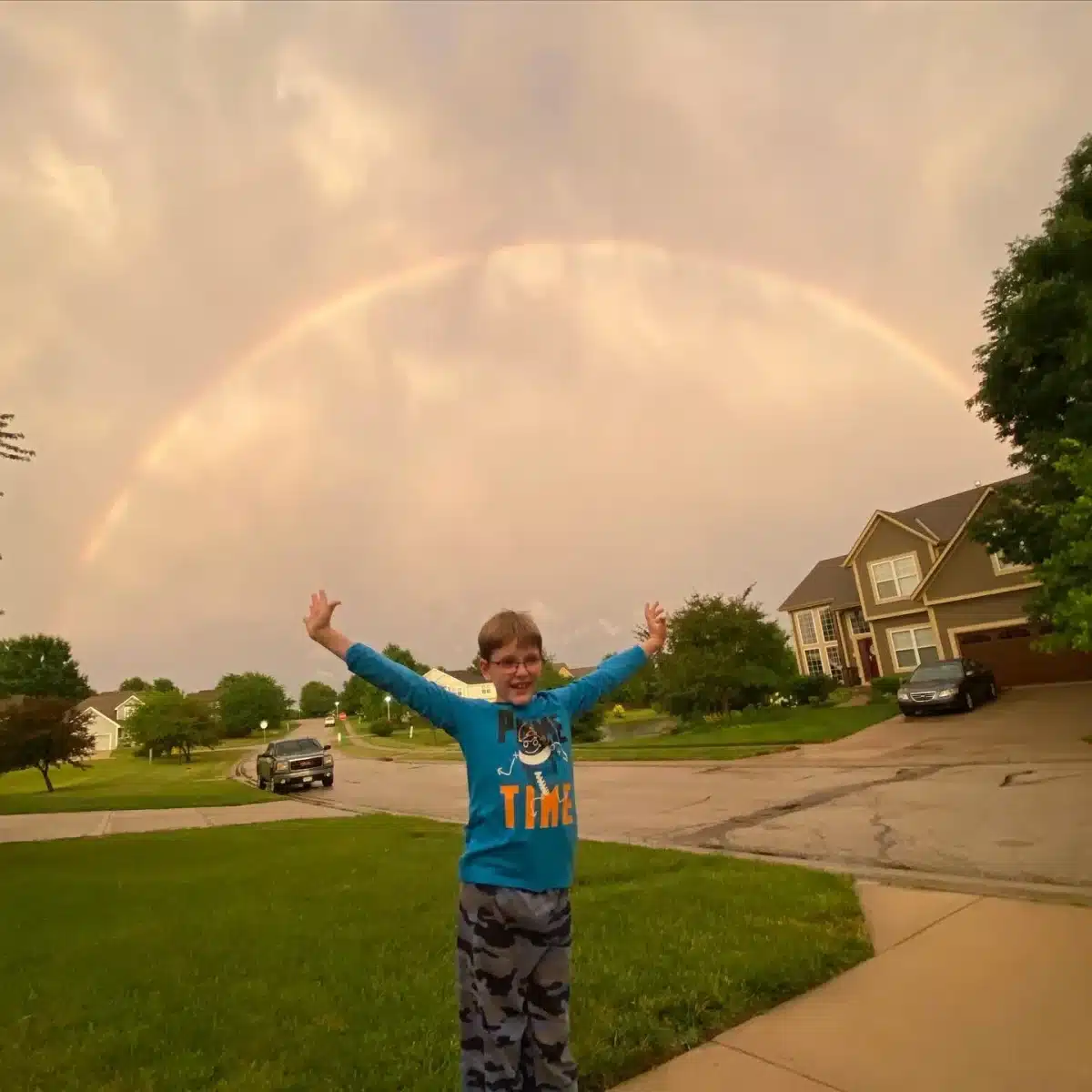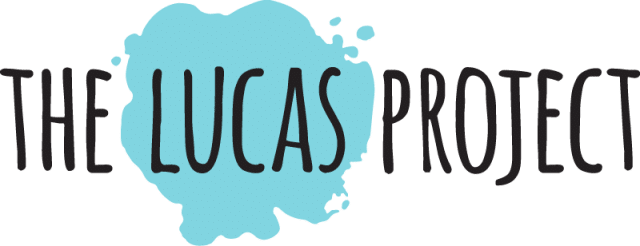
It’s not like we weren’t aware of Damek’s challenges early in his life. The speech delays at three years old, the hyperactivity and constant need to move and interrupt conversations, the inability to maintain a meaningful conversation in first grade were all chalked up to “he’s just a little boy with a lot of energy…it will all work itself out.”
Until it didn’t.
This post is incredibly difficult to write. And, it’s not because we don’t want to be honest with those around us about Damek’s recent diagnoses. It’s because we haven’t communicated it to him yet, and I’m not exactly sure how to do that without causing more anxiety and questions I can’t answer.
How do you help a third grader understand he has Level 1 autism and mild to moderate ADHD?
This is the moment I wish my son had come with an instruction manual. How do we best support his development going forward? Who do we talk to about all of the options for therapy? Which therapies will be best for him and his individual needs? You can’t exactly start with a Google Search on these questions.
Damek was evaluated in Kindergarten for these issues by a licensed psychologist at Children’s Mercy Beacon Clinic, and although he had a smattering of symptoms, he also had a signficant vision impairment we weren’t aware of at the time. Until that was corrected (aka glasses), she didn’t think he presented enough consistency in symptoms to have autism. He did, however, receive a Social Communication Disorder diagnosis which gave us enough support to keep him on his IEP at school.
After the second evaluation this summer, he now showed “enough” symptoms to warrant the autism spectrum label. We knew for years the ADHD was an issue, we just weren’t sure what to do about it. Family members told us to medicate. Friends said, “He’s not THAT bad,” and “I had ADHD as a kid…he’ll be fine.”
But the impulsivity behaviors and constant need to interrupt his teacher in school became an issue we couldn’t ignore anymore.
His psychologist was amazing. She was patient with me as I asked a never ending list of questions. I’m also grateful for a handful of parent advocates who listened as I vomited my concerns and fears, sharing the tip of the iceberg around my internal level of overwhelm. Questions like, “Why couldn’t we just have one kid with special needs…why do we have to have TWO?!”
He was supposed to be my healer…my typical kid.
And there it was. An ugly phrase Dan constantly coaches our Hopesters to avoid: “Supposed to.”
Phrases like “supposed to,” “should have,” “normal,” etc. are words we avoid in the Seitz household. They mean nothing other than the comparison of an ideal that usually, if examined properly, doesn’t exist.
I’ll never forget what his psychologist told me as I listened to his diagnoses for the first time on our telehealth meeting, “Kacy, he’s going to be a GREAT adult…we just have to get him there.”
I just have to help him get there.
Damek has a level of autism that used to be labeled Asperger’s Syndrome. He demonstrates increased and repetitive behaviors, including scripted speech, perseveration, and odd entrees into social engagement. He has inconsistent eye contact during social interactions. He has extreme difficulty with organization and planning. His sensory issues have affected his fine motor, eating and delays in age-appropriate adaptive skills.
Despite these challenges, Damek has some amazing strengths. He’s very interested in cars, Formula 1 and Tesla. If you tell him the make, model and year of your car, he’ll remember it the next time he sees you. He and Dan play a game of spotting Teslas while we drive around the city. The one with the most spottings, wins. He’s been reading above grade level since he was young. He LOVES books and stories, especially when you take turns reading together, and playing different voices/roles as characters. This is a kid who learned how to parallel park his Power Wheels car when he was three. He will be an excellent driver.
He enjoys people, and loves interacting with adults the most. I joke, but am absolutely serious, when I tell people we could drop him off at a senior citizen living facility and he’d make himself right at home. I know the folks there would also enjoy his company and love his patience in talking with them.
This summer we enrolled him in a computer programming camp through Code Ninjas, a national company that teaches kids the fun of coding using video games they love. He enjoyed it so much, he didn’t want to come home and and continues to ask me if he can go back soon.
I don’t know all the right answers for this new chapter in our lives. I’m doing my best to pray, look for opportunities and research therapies that will help him develop all the right skills to be a wonderful human, and eventual high functioning adult.
Right now, those therapies include:
- Occupational therapy to build on peer-to-peer social interactions during group play and improving his executive functioning.
- Speech Pathologist who is working on pragmatic language in addition to feeding therapy (how to make eating new things fun and enjoyable).
- Neuro-functional Chiropractic program which takes a “roots up” approach to helping Damek’s brain rebuild and rewire some of his development using a variety of sensory stimulating techniques and functional exercises, which also including chiropractor adjustments.
All I know right now is we will put one foot in front of the other, and we will figure it out one day at a time. We’re very proud of Damek and all that he’s accomplished so far. We’re looking forward to the new things he’ll teach us and the new people we’ll meet along the way.
This is a guest post written by Kacy Seitz at https://seetheseitzfam.com/ You can follow their journey on social media at See the Seitz on Facebook.
